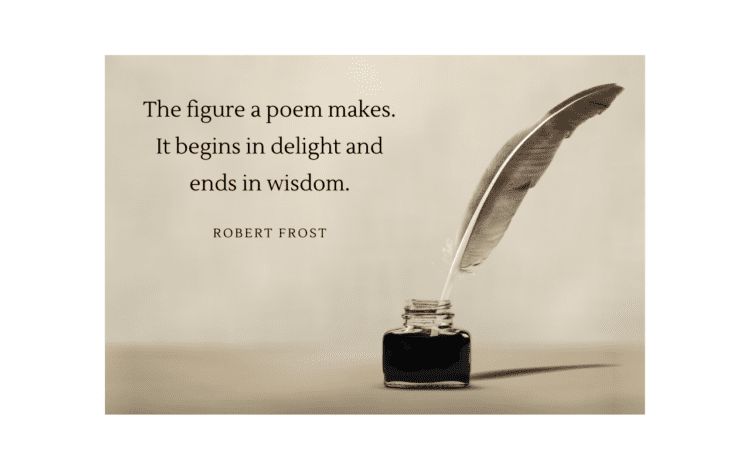Once again this year the Poetry Seminar will be an online experience, August 4 – 8. To participate, you’ll access the events via Zoom. Program events will take place roughly between 10:00 AM and 9:00 PM ET. We frequently have participants from all U.S. timezones and others around the globe.
As always, you’ll have access to instruction from our world-class faculty, focused attention on your work, and the vital exchanges of peers in workshop. Our goal is to support, refresh, and inspire you.
About the Seminar
If you’ve attended the Seminar before, no need to worry that we’re going to cover the same material, because the faculty, craft focus, and presentations change every year. Come on back this year!
- Spend 4+ days with a select community of poets exploring your artistic work in the context of a rich variety of poetry ancestors and contemporaries.
- Discover how poetic lineages and community can provide models, provocations and correctives to widen your thinking about your own efforts.
- Learn from a distinguished and accomplished faculty how poets choose, imitate, enter into dialogue with, and sometimes argue with the work of our poetic ancestors and contemporaries.
The Seminar schedule features a morning presentation/discussion exploring aspects of craft and technique, an afternoon workshop of participants’ poems, and evening readings by faculty or participants. Once again this year we will offer one workshop of our formalist track, “Freedom and Form.“
Workshops
Seminar participants will be divided evenly for workshops between the three workshop faculty, and will remain with the same faculty member for all four days. We anticipate that each workshop will have seven people; each participant will have the opportunity to workshop four poems. You’ll have the option to say which of the three faculty members you’d like to work with.
Tuition
- Seminar Tuition is $700.
- Optional full-length manuscript review is available at the cost of $575.
